
Kosovo highlights pro-Israel position as US investors visit
The $300,000 museum-synagogue project is spearheaded by Votem Demiri, the 72-year-old patriarch of Kosovo’s Jewish community. His daughter, Ines Demiri, an official at Kosovo’s consulate-general in New York, organized the business delegation to Prishtinë and Prizren as well as its members’ meetings with Prime Minister Haradinaj and other top officials.

By Larry Luxner
PRISHTINË, Kosovo — In the 11 years since it declared independence from Serbia, 116 countries around the world have recognized the Republic of Kosovo. But what Europe’s most Muslim country really wants is diplomatic relations with the State of Israel.
That yearning was obvious during a recent visit of six U.S. investors to the tiny Balkan state. Their March 11-14 trip was organized by Kosovo’s de facto mission to the United Nations and headed by New York real-estate executive Michael Mintz. This reporter was generously invited to tag along.
During their 65-minute audience with Prime Minister Ramush Haradinaj, Mintz and five other delegates sat at a long conference table decorated with miniature flags of the United States, Israel and Kosovo.
“We are very proud of our cooperation with the U.S. and the Jewish people, and Israel as a nation is a good model to follow,” Haradijan told his guests. “We share the same values and beliefs, and we take the same positions internationally.”
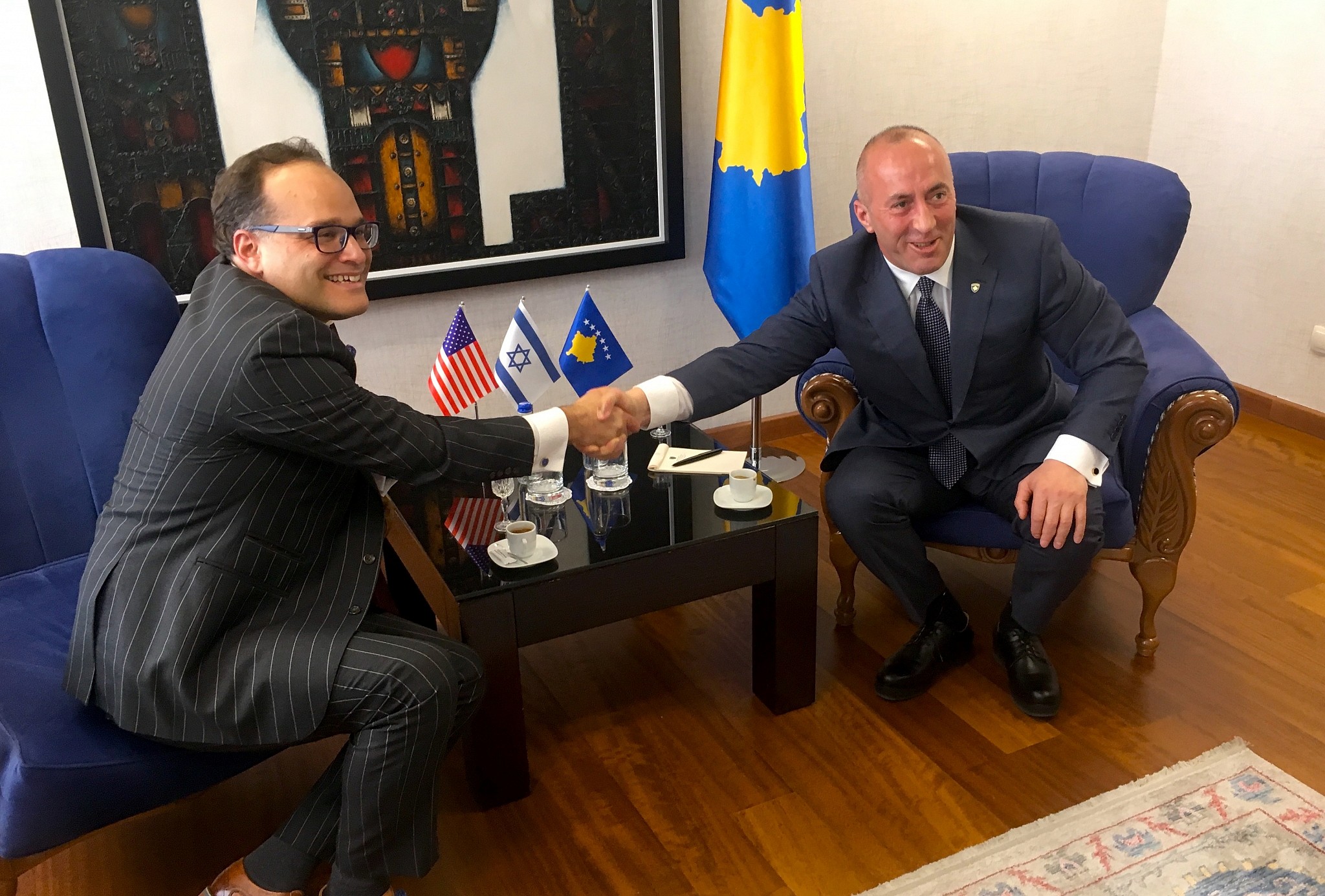
Similar pro-Zionist sentiment was evident during a subsequent meeting with Foreign Minister Behgjet Pacolli.
“We are very connected with Israel, so I’ve never understood why Israel has not recognized Kosovo,” he said, quickly adding, however, that when his Albanian-speaking country applied to join Interpol, Israel abstained. “For us, that means it was a success. It’s the first time that Israel is thinking seriously about Kosovo, and this is so important to us.”
Back in 2012, Pacolli had dinner with Israel’s then-president, Shimon Peres, in Kazakhstan, and discussed the possibility of Israeli recognition of Kosovo.
“For me it’s very strange,” he said. “I was born in 1951, and I remember my grandfather telling me about the Jewish families in Kosovo during World War II. They were loved. And this has to be compensated in a way, by recognizing us.”
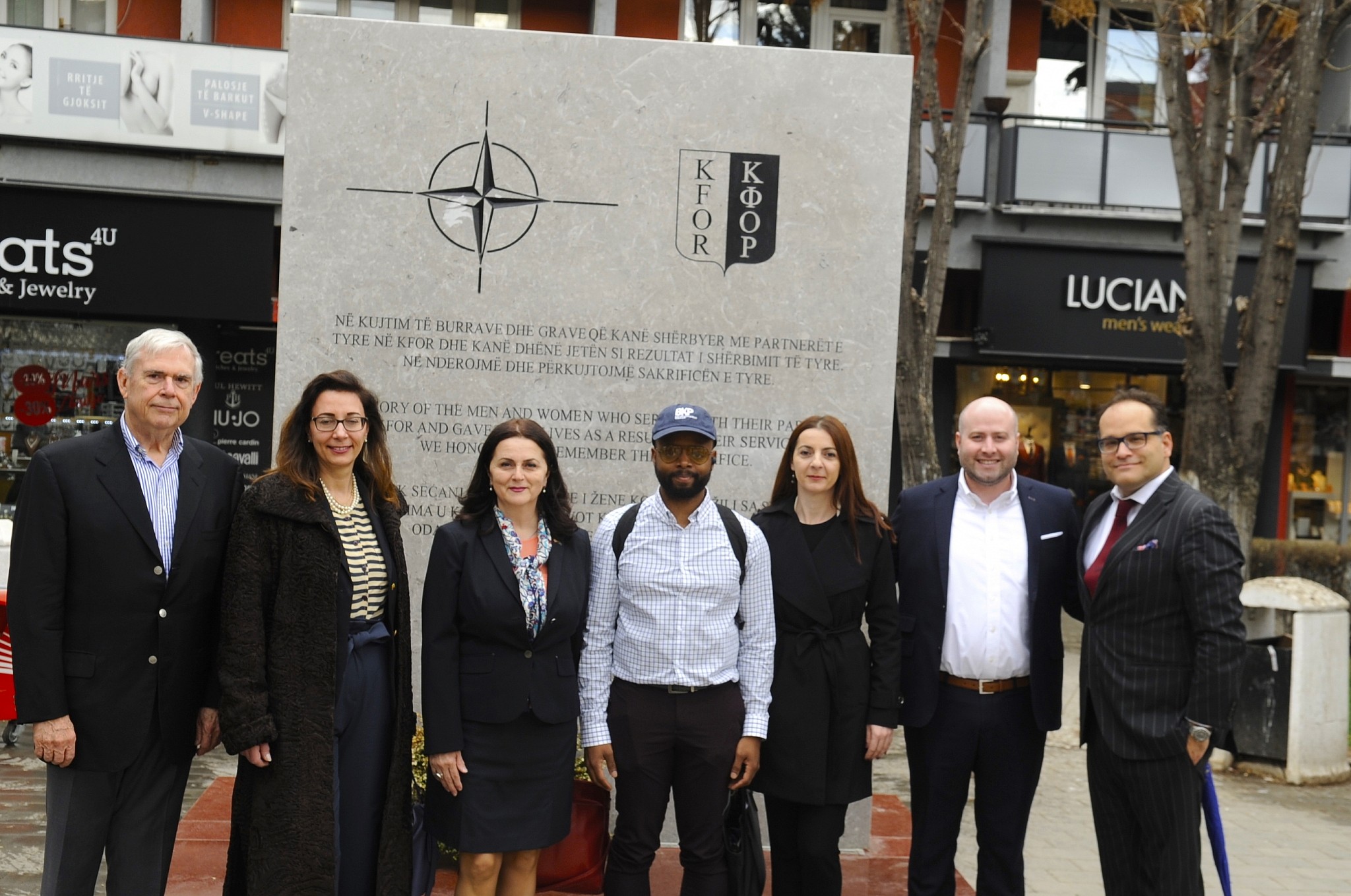
A Jewish museum for Kosovo
In fact, neighboring Albania — which, like Kosovo, is predominantly Muslim — managed to hide the country’s 200 Jewish citizens as well as another 600 to 1,800 Jews from other countries during the Nazi occupation.
Kosovo’s role during the war is less clear, and remains a matter of controversy. Some Kosovars, like Arslan Resniqi, rescued Jews and were later honored by Israel’s Yad Vashem — the World Holocaust Remembrance Center in Jerusalem — as “righteous Gentiles.” But others joined the Skanderbeg Nazi SS division and helped round up 258 local Jews for deportation to Bergen-Belsen, 92 of whom were gassed or shot to death there.
Later this year, construction will begin on Kosovo’s first Jewish museum in the town of Prizren, with help from Albanian-American Muslims in the New York area. The complex will also include a synagogue, even though Kosovo — 95% of whose two million inhabitants profess Islam — is home to only 56 Jews.
The $300,000 museum-synagogue project is spearheaded by Votem Demiri, the 72-year-old patriarch of Kosovo’s Jewish community. His daughter, Ines Demiri, an official at Kosovo’s consulate-general in New York, organized the business delegation to Prishtinë and Prizren as well as its members’ meetings with Prime Minister Haradinaj and other top officials.
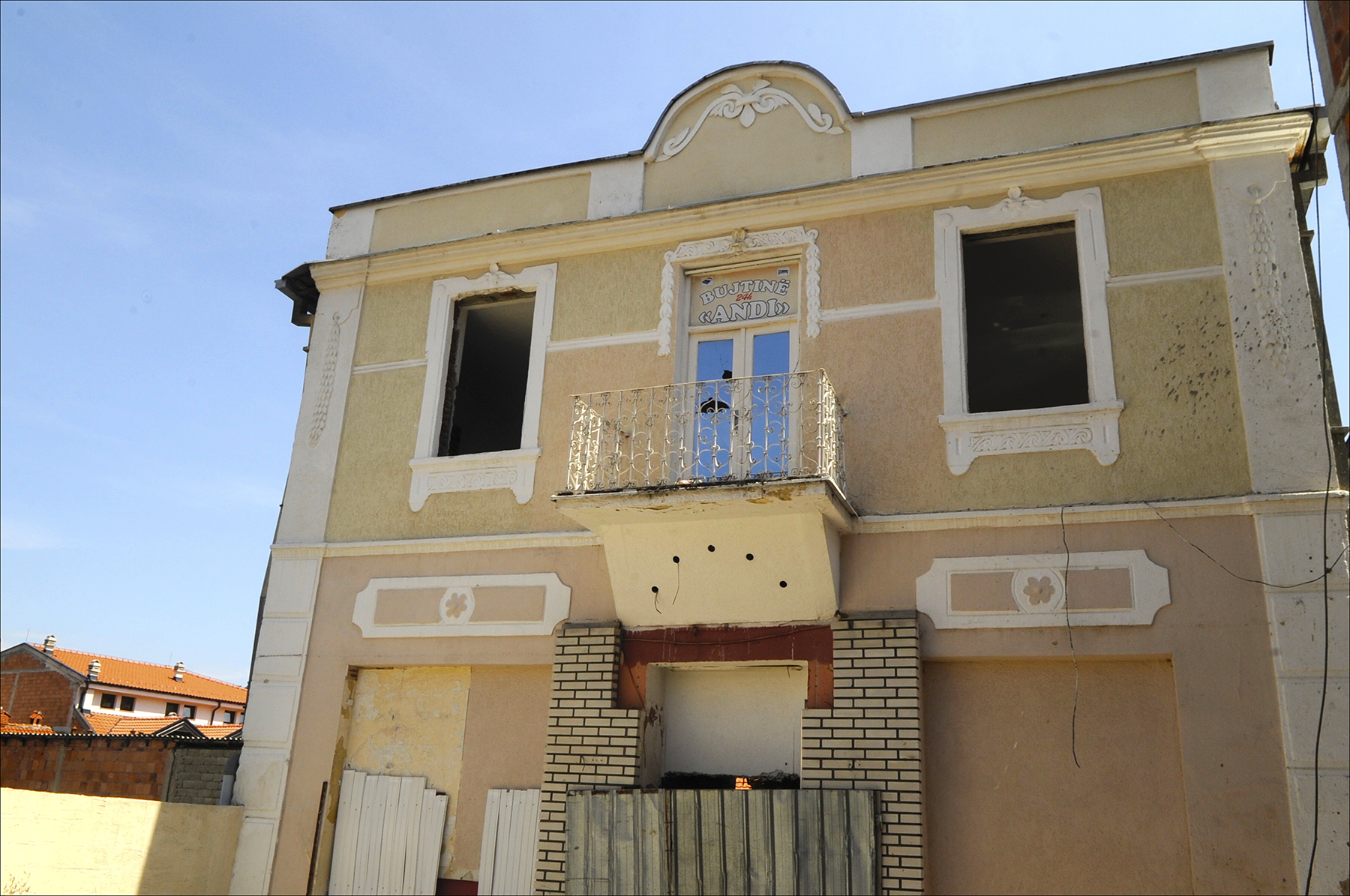
In medieval times, Prizen was the capital of the entire Serbian Empire. During World War II and until the dissolution of Yugoslavia in 1991-92, Serbia was the largest of the six republics that made up the Yugoslav federation. It also controlled Kosovo until the latter’s unilateral declaration of independence in 2008.
Israel is reluctant to recognize Kosovo for fear of endangering its close relationship with Serbia; it also doesn’t want to set a precedent by giving ammunition to Palestinian demands for statehood. Likewise, five of the EU’s 28 member nations have refused ties with Kosovo: Cyprus, Greece, Romania, Spain and Slovakia.
But attitudes may soften if Serbia and its former autonomous province can agree on mutual recognition, and ultimately acceptance into the European Union and NATO.
“As a Jew, I’m grateful for what the Albanian people did during the Holocaust,” Mintz told Haradinaj, who’s been Kosovo’s prime minister since September 2017. “That’s what got me interested in learning about Kosovo, and possibly investing here.”
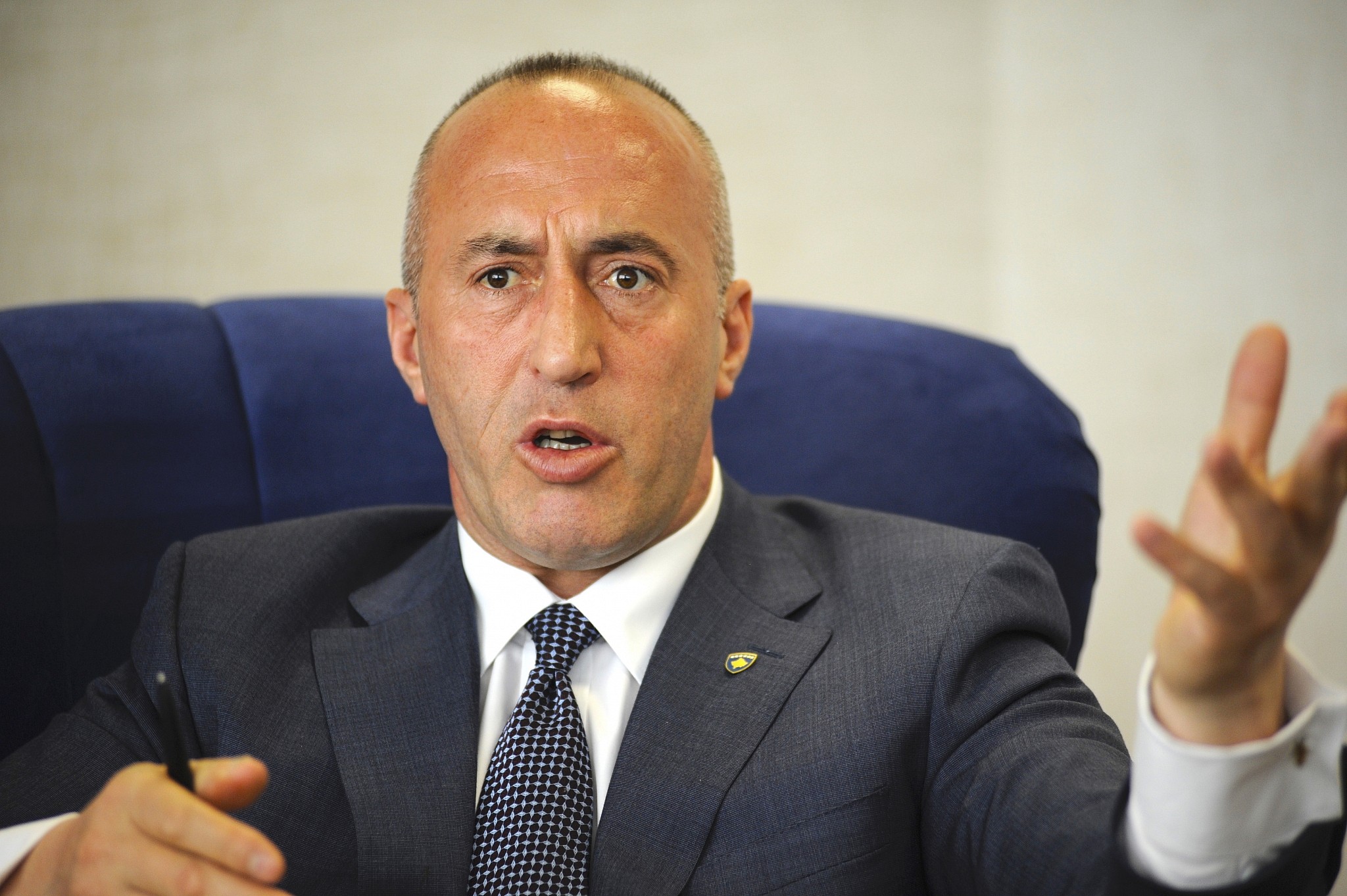
Mintz added: “I’m hoping Israel will at some point recognize you as an independent nation. You have the right to your own country, and it’s the right thing to do. We are both members in the world coalition in the fight against terrorism.”
Kosovo ripe for Israeli investment
Last year, Kosovo President Hashim Thaçi vowed that he’d recognize Jerusalem as Israel’s capital and open an embassy there if the Israelis would extend diplomatic recognition to Kosovo.
Even without diplomatic ties, the two countries are talking about setting up trade offices in each other’s capitals. Haradinaj identified food processing and agriculture as the two most promising sectors for Israeli-Kosovar business cooperation, though the country also seeks Israeli investment in energy, security and the IT sector.
Kreshnik Thaqi heads the investment promotion sector at KIESA, the Kosovo Investment and Enterprise Support Agency.
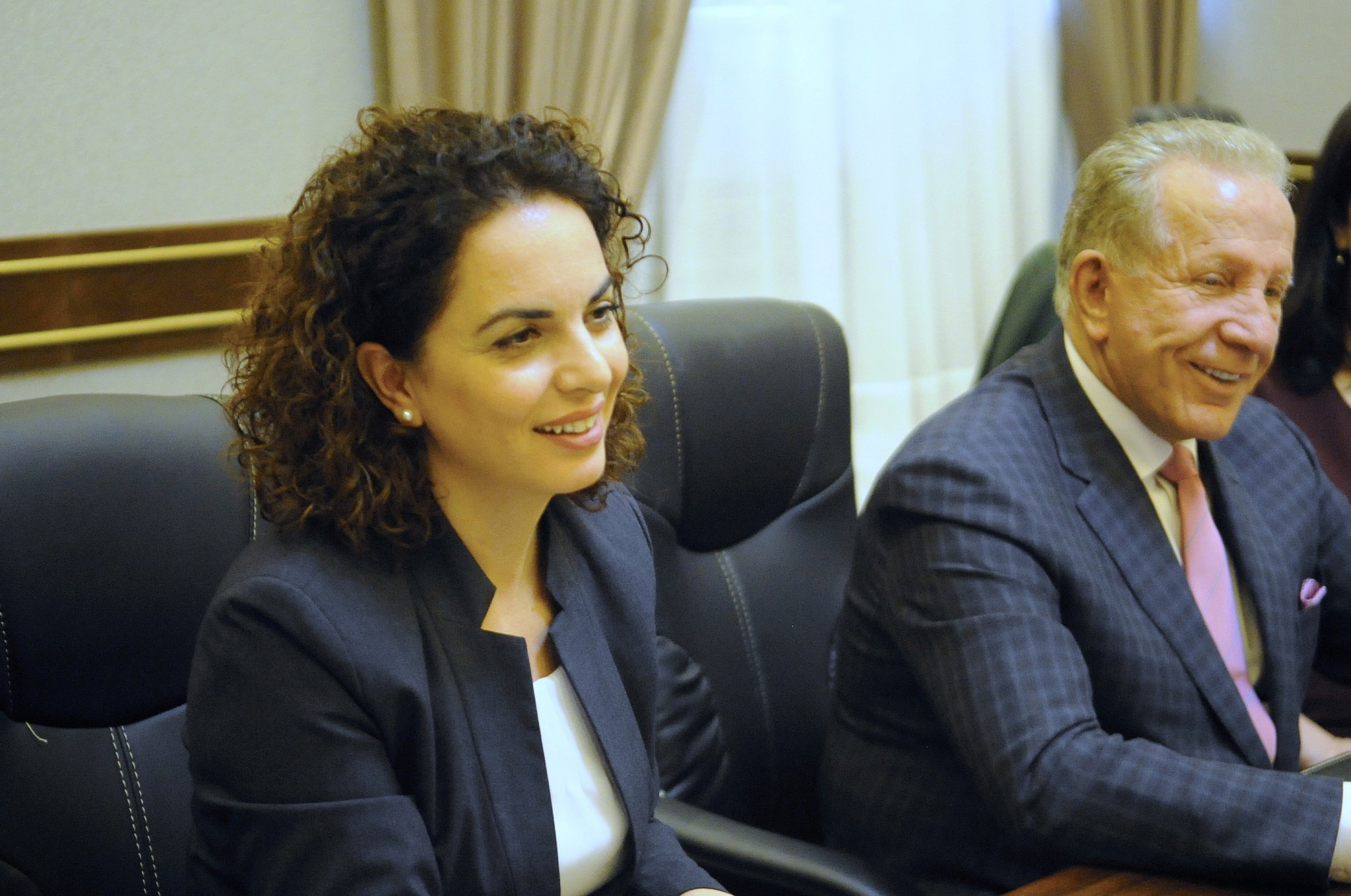
“Kosovo is one of the easiest places in the world to establish a business,” he said. “You can register your business here for free within a day if necessary. If you submit your application at 9 a.m., you can have your certificate by 1 p.m. And Kosovo is the only country in Europe that doesn’t tax dividends.”
According to Thaqi, one of the largest investments yet is an Israeli-German joint venture that’s sinking €175 million into a wind energy project. The venture involves a 105-megawatt power plant in northern Kosovo that will sell electricity to the government over a 12-year period.
Enlight Renewable Energy Solutions Ltd. said the project, expected to go online in 2020, includes 27 wind turbines and has a life span of 30 years.
“They deal with energy production all over the world, but decided to invest in Kosovo,” Thaqi said. “The company has already secured all the licenses and permits from the government, but since the process of negotiation takes a little time, they have asked for more subsidies.”
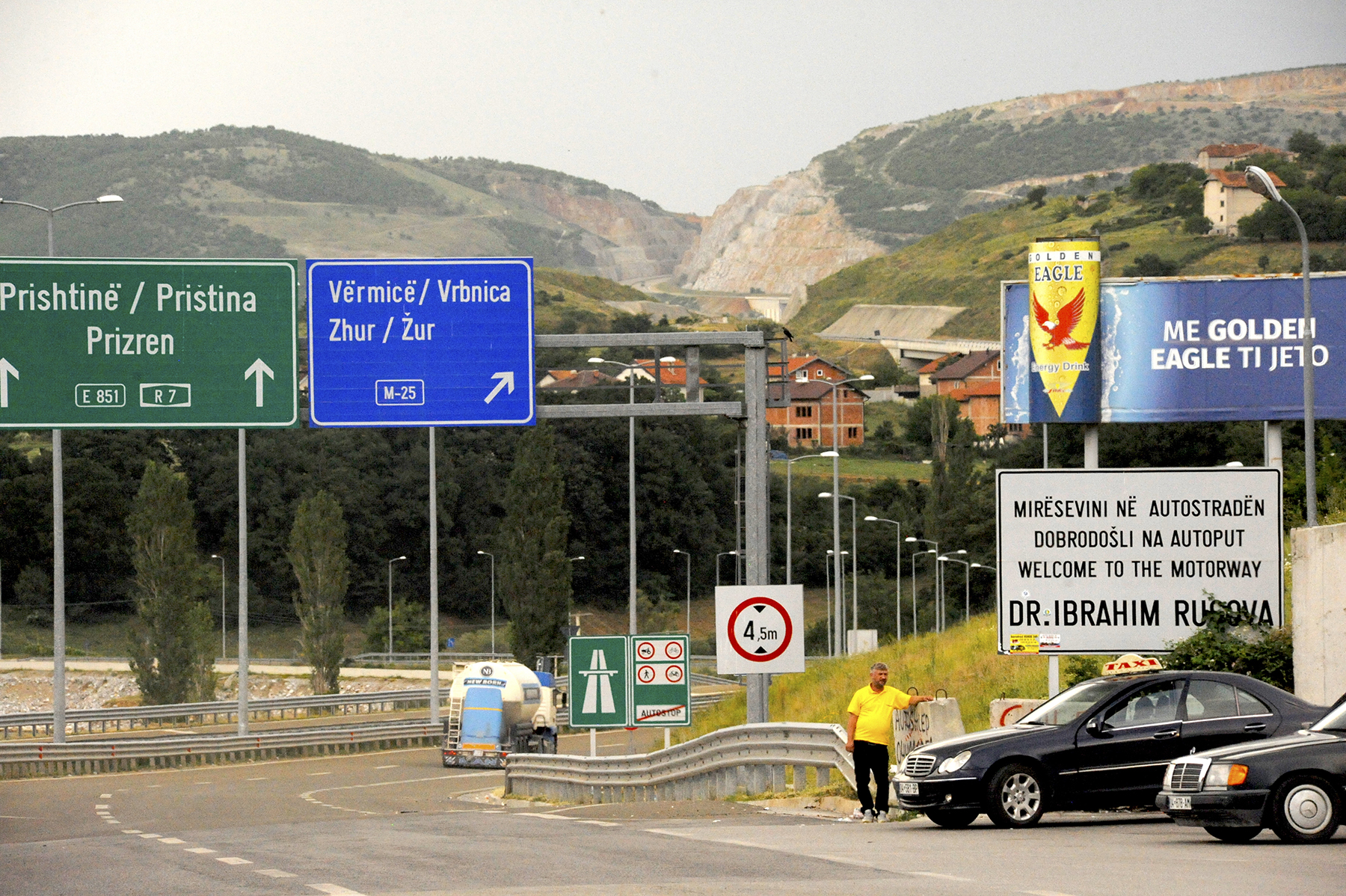
In a press release, Enlight CEO Gilad Yavetz said “the new agreement leverages the company’s core capabilities in development and optimization of wind energy projects,” noting that this is Enlight’s third project in the Balkans; the other two are in Serbia and Croatia.
Kosovo’s PR challenges
Kosovo is one of the few countries with a Ministry of Innovation. It’s headed by Besim Beqaj, a minister for the fourth time; in his previous posts, he headed the ministries of economy, finance and privatization.
“Up until now, our economy was based on real, tangible economic resources,” he said. “That served us for a few years, but now we believe our young generation is moving faster than our institutions.”
One of his ministry’s biggest projects involves transforming a military camp near Prishtinë into an innovation and training park. Beqaj also hopes to create a business angel network for entrepreneurs to find people willing to invest in their ideas.
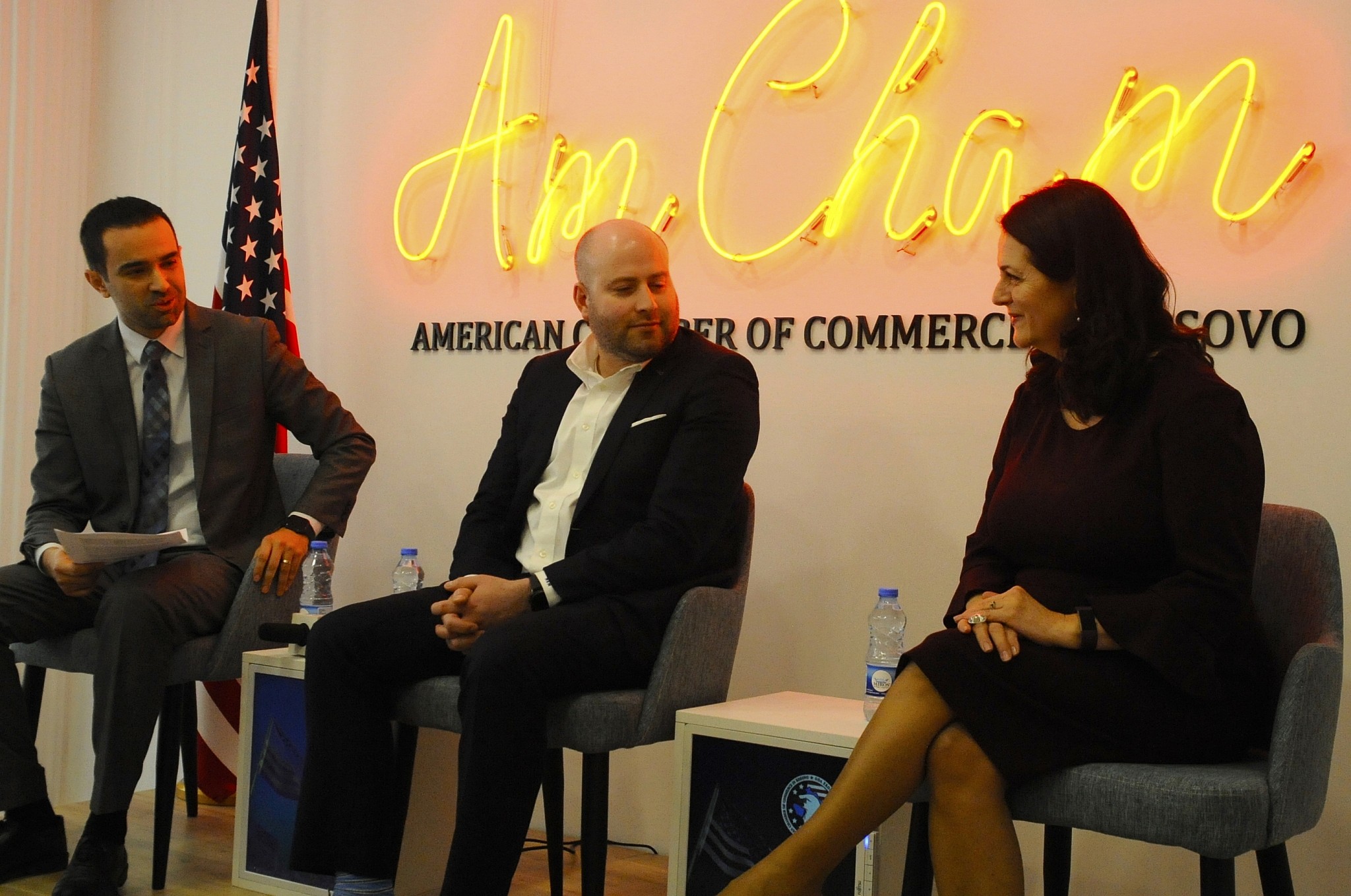
Beqaj said his country is trying to “change the mindset” — whether it’s information technology, blockchain or machine learning.
“Maybe this is a dream, but we can an Eastern European hub for IT and artificial intelligence,” said the minister, who recently visited Israel, where he visited kibbutzim and met with Knesset members. “We are trying to get big-name companies that can come and look globally at our market. Today, it’s a matter of marketing, and we believe we have human capital that can be exploited the best way.”
Kosovo, with its youthful population and high Internet penetration, also hopes to become the Balkan “start-up nation” — copying Israel’s success in high-tech and innovation.
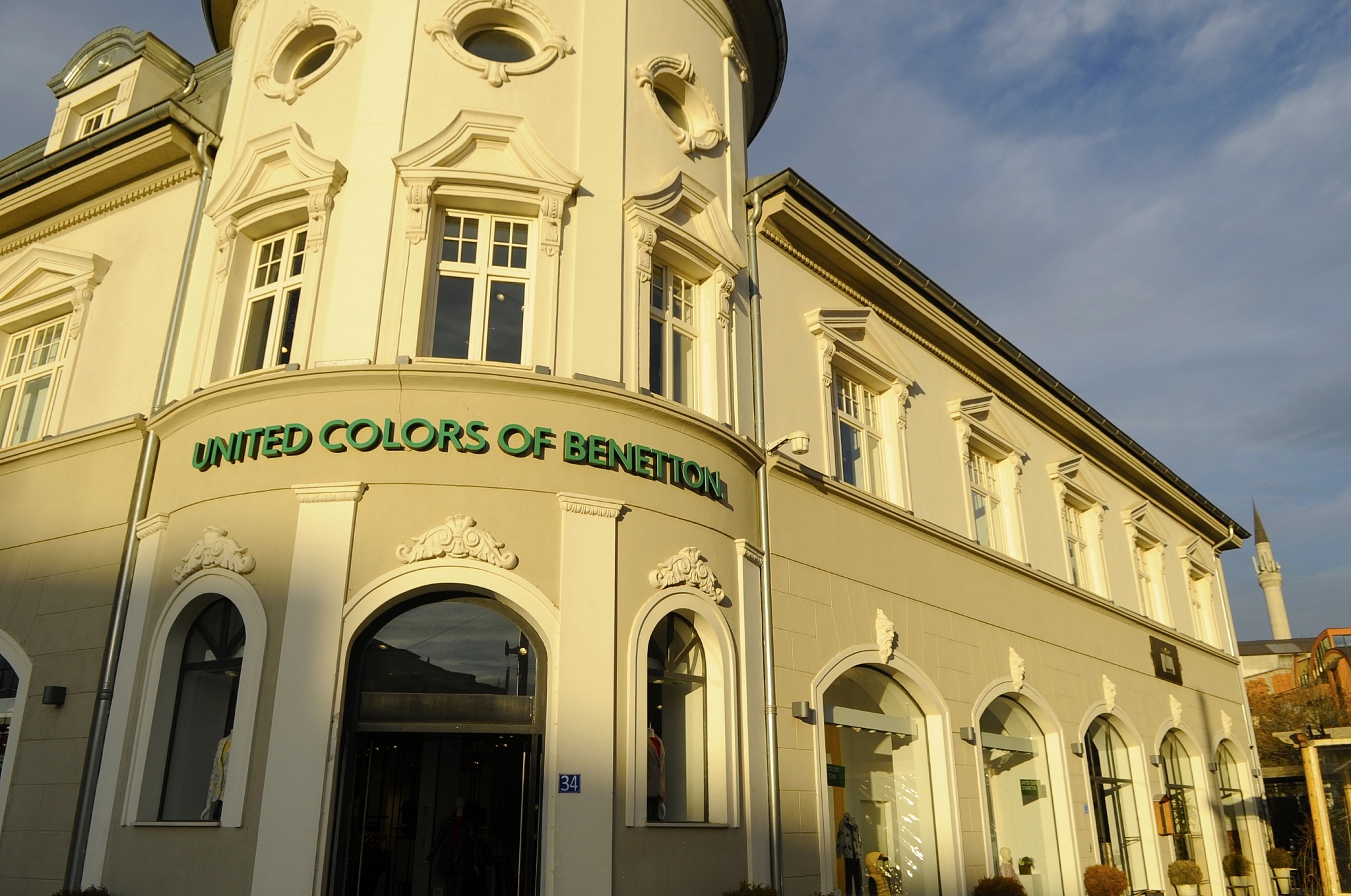
Yet Ari Zoldan, who runs a media and communications firm in New York, said Kosovo’s biggest public relations challenge is gaining positive name recognition.
“Only 10% of Americans have ever traveled outside the U.S., so they wouldn’t be able to pinpoint Kosovo on a map if their life depended on it,” said Zoldan, a member of the delegation who plans on returning to Prishtinë in late May. “And if they think of Kosovo at all, they associate it with tanks and ethnic cleansing. They’ve never seen the good side of it.”
That good side will only get better if Serbia and Kosovo can patch up their differences; talks currently underway have not yet produced the desired results.
“It’s a matter of courage,” said Prime Minister Haradinaj told his visitors. “We hope it will happen soon, that an agreement will be reached between Kosovo and Serbia. In the meantime, we are both losing out.”
Source: https://blogs.timesofisrael.com/kosovo-highlights-pro-israel-position-as-us-investors-visit/




















